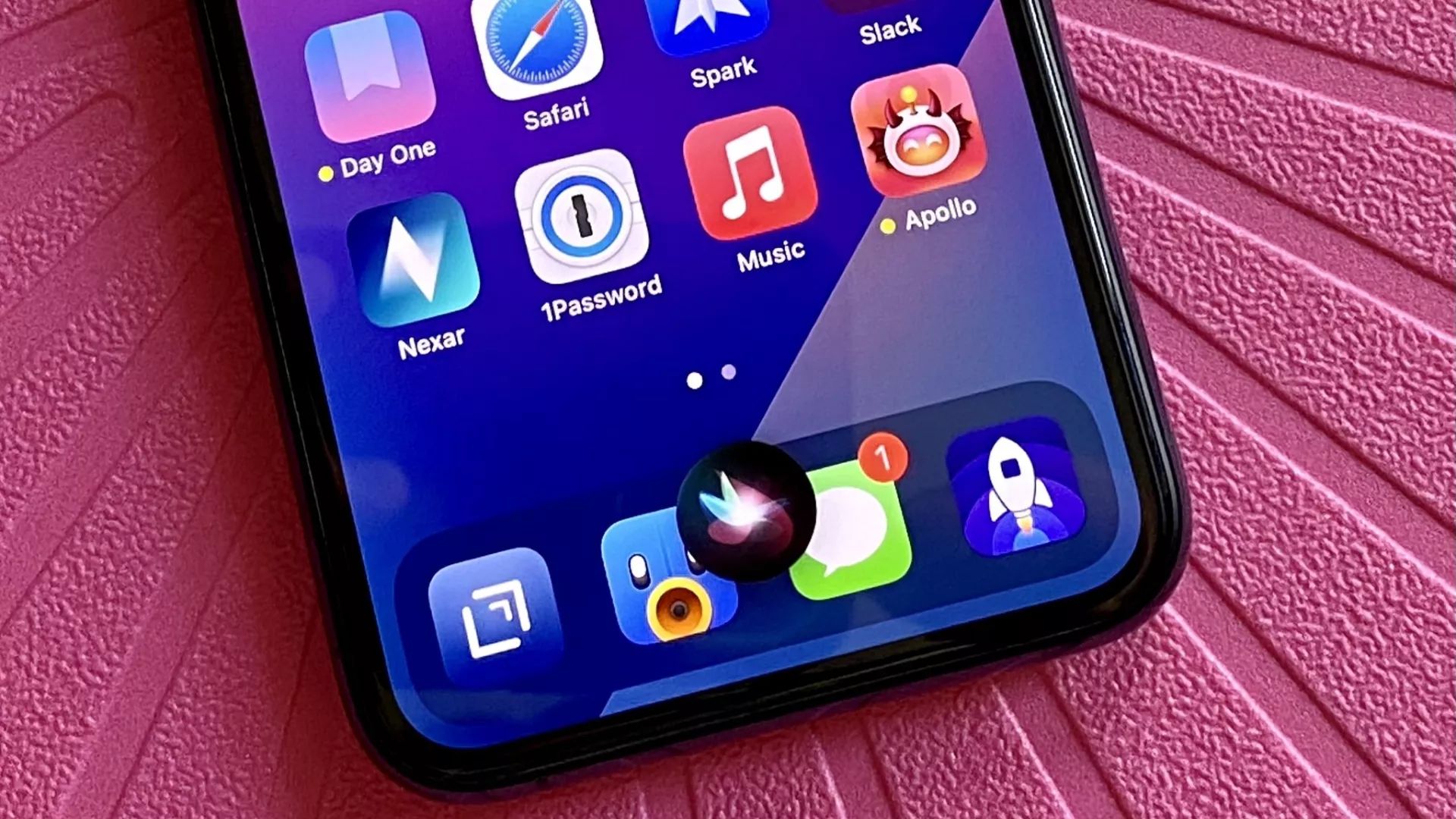Siri may one day translate your words by tracking your jaw movements — here's how it could work
Taking accessibility to the next level?

Siri hasn’t had the best record of understanding its users' voice requests, but according to Patently Apple, it looks like it could be about to improve, with a new patent that would let it translate your words just by recognizing the movement of your jaw.
It’s no secret that Siri is lagging behind other assistants such as Google’s Assistant on Android, while AI-powered chatbots like ChatGPT appear even further advanced. While iOS 17 gives Siri some new features, such as being able to read out websites within Safari, its accuracy still pales in comparison to others.
But one area where Apple excels at is accessibility, and this patent looks to supercharge Siri for those with speech impediments.
Accessibility could be Siri’s trump card

Patent application 20230245657 goes into detail on this concept. It describes it as “Recognizing a voice input using motion sensing,” which “provides an intuitive and efficient approach for controlling an electronic device.”
“When a user speaks, the user's mouth, face, head, and neck move and vibrate” explains the patent filing “Motion sensors such as accelerometers and gyroscopes can detect these motions while expending relatively little power compared to audio sensors such as microphones.”
This technology could be integrated into headphones, such as AirPods Max and Beats Studio Pro, which could use onboard sensors to translate the movement of your jaw as you wear them, returning the information to Siri, which could in turn reply to a message for example, or start playing a podcast.
The idea could also expand to Apple’s Vision Pro headset. If you’re on a plane and watching a film while wearing the new headset, you could use this feature to silently skip a scene or turn on subtitles, without bothering others by speaking these requests out loud.
iMore offers spot-on advice and guidance from our team of experts, with decades of Apple device experience to lean on. Learn more with iMore!
There are plenty of possibilities here, but it’s those that take advantage of accessibility features that could benefit the most. Siri desperately needs some positive new features after years of having a reputation for being underpowered and unreliable. And this feature could be the starting point to help turn this perception around.

Daryl is iMore's Features Editor, overseeing long-form and in-depth articles and op-eds. Daryl loves using his experience as both a journalist and Apple fan to tell stories about Apple's products and its community, from the apps we use every day to the products that have been long forgotten in the Cupertino archives.
Previously Software & Downloads Writer at TechRadar, and Deputy Editor at StealthOptional, he's also written a book, 'The Making of Tomb Raider', which tells the story of the beginnings of Lara Croft and the series' early development. His second book, '50 Years of Boss Fights', came out in June 2024, and has a monthly newsletter called 'Springboard'. He's also written for many other publications including WIRED, MacFormat, Bloody Disgusting, VGC, GamesRadar, Nintendo Life, VRV Blog, The Loop Magazine, SUPER JUMP, Gizmodo, Film Stories, TopTenReviews, Miketendo64, and Daily Star.
